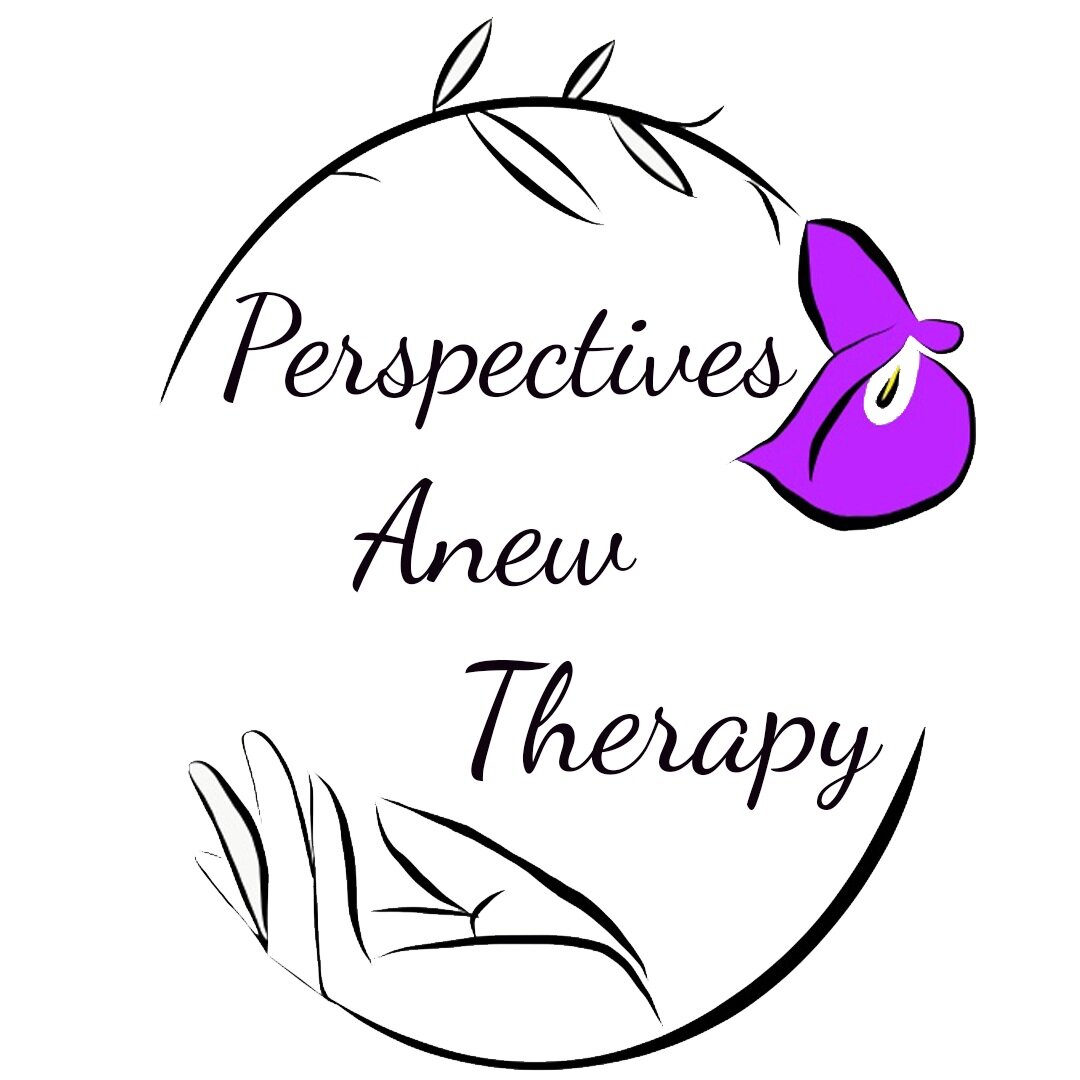Emotionally Focused Therapy (EFT)
Emotionally Focused Therapy (EFT) is an approach to psychotherapy using the science of adult attachment, developmental theory of personality, and intimate relationships. This model of psychotherapy emphasizes the importance of emotion and emotional regulation as being the key to individual experiences and relationship interactions. Although EFT is best known for couples intervention, it helps individual clients address depression, anxiety, post traumatic stress, and repair family bonds.
The goal for couples when utilizing EFT is to expand and re-organize key emotional responses as well as organization of the individual self. The second goal is to create a positive change in partners' interactional positions and patterns. The last goal of EFT with couples is to create a secure bond between those within the relationship. Research has shown that EFT helps couples dealing with depression, anxiety resulting from trauma, medical illnesses, and forgiveness dilemmas.
For individuals, one of the goals of EFT includes offering corrective experiences that have a positive impact on the self while creating long lasting and stable change. Other goals include providing moments where vulnerability is seen with balance, enabling clients to move into the openness, responsiveness and full engagement that forms secure attachments with others. Lastly, the goal of EFT with individuals is to help clients shape a consistent sense of a competent self that has the ability to handle existential life issues.
When working with families, EFT has four goals with the first being accessing and expanding the awareness of unacknowledged feelings accompanied by the family’s negative patterns. The second goal is to then reframe family distress and child problems within relation blocks that are reinforcing the distress. Following this, EFT will help to promote awareness to unrecognized caregiving intentions and disowned attachment related needs. Lastly, EFT works to facilitate the sharing of unmet attachment needs as well as effective caregiving responses.
Source: International Centre for Excellence in Emotionally Focused Therapy
